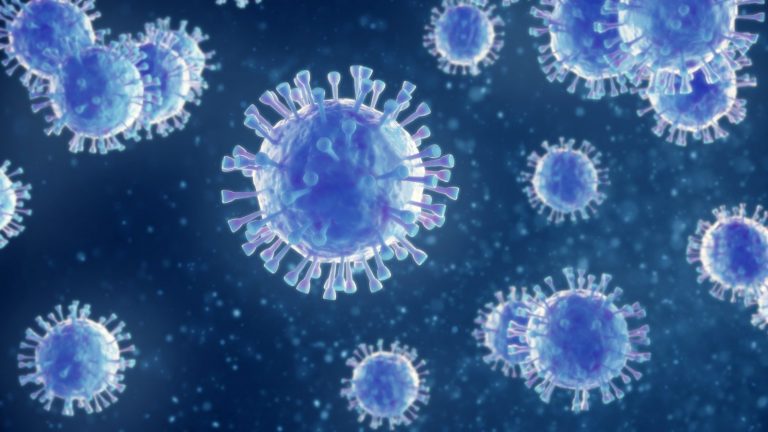On 25 November 2021, the National Institute for Communicable Diseases (NICD) in South Africa announced the detection of a new variant of the SARS-COV-2, the virus that causes COVID-19, following genomic sequencing. This variant is currently labelled as lineage B.1.1.529.
The emergence of this new variant coincides with a sudden increase in cases in the Gauteng province over recent days and is accordingly being closely monitored by the health authorities in South Africa.
Details of the new B.1.1.529 variant
- By 25th November 2021, the B.1.1.529 variant had been detected in 77 samples collected between 12-20 November from Gauteng province in South Africa, 4 samples from Botswana and 1 sample in Hong Kong.
- The B.1.1.529 variant displays multiple mutations across the virus genome, including more than 30 in the region which encodes the spike protein responsible for virus entry into host cells.
- Some of the mutations have been detected in previous variants, such as Alpha and Delta, and have been associated with increased transmissibility and immune evasion.
- Many of the other identified mutations are not yet well characterized and have not been identified in other currently circulating variants.
- More investigations are underway to determine the possible impact of these mutations on the capacity of the virus to transmit more efficiently, to impact vaccine effectiveness and evade immune response, and/or to cause more severe or milder disease.
Recommendations to AU Member States and health authorities
- Africa CDC strongly recommends the implementation of public health and social measures (PHSM), including mask wearing, physical distancing and hand washing, as crucial to limit the transmission of COVID-19 regardless of the emergence of new COVID-19 variants.
- Africa CDC strongly discourages the imposition of travel ban for people originating from countries that have reported this variant. In fact, over the duration of this pandemic, we have observed that imposing bans on travelers from countries where a new variant is reported has not yielded a meaningful outcome. Rather implementing PHSM should be prioritized.
- COVID-19 vaccines remain a key tool to prevent severe cases and deaths from COVID-19 infection.
- National health authorities should reinforce PHSM implementation and accelerate immunization of their populations, prioritizing high risk groups, ahead of upcoming new waves of COVID-19 infections.
- Public health laboratories and researchers should closely monitor the rate of S gene drop out results. Timely genomic surveillance should be reinforced through coordination with national and regional pathogen genomics laboratories. The Africa CDC, through the Africa Pathogen Genomics Initiative, will support this coordination at the continental level.
- Member States should notify Africa CDC immediately if they identify any new SARS-CoV-2 variant.
Africa CDC will continue to monitor the situation and provide further guidance to Member States and the public as more information becomes available about the B.1.1.529 variant.
Africa cdc

